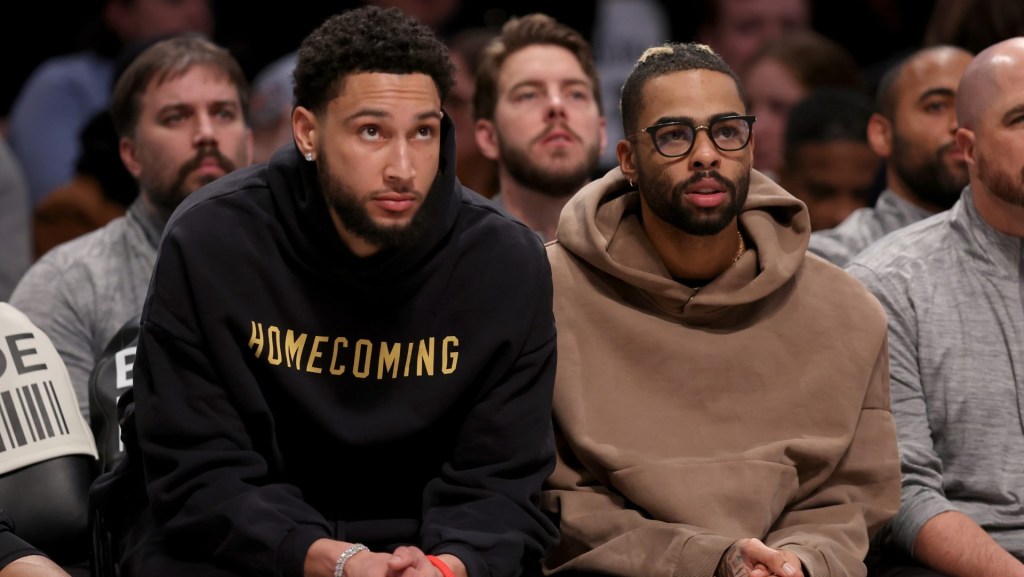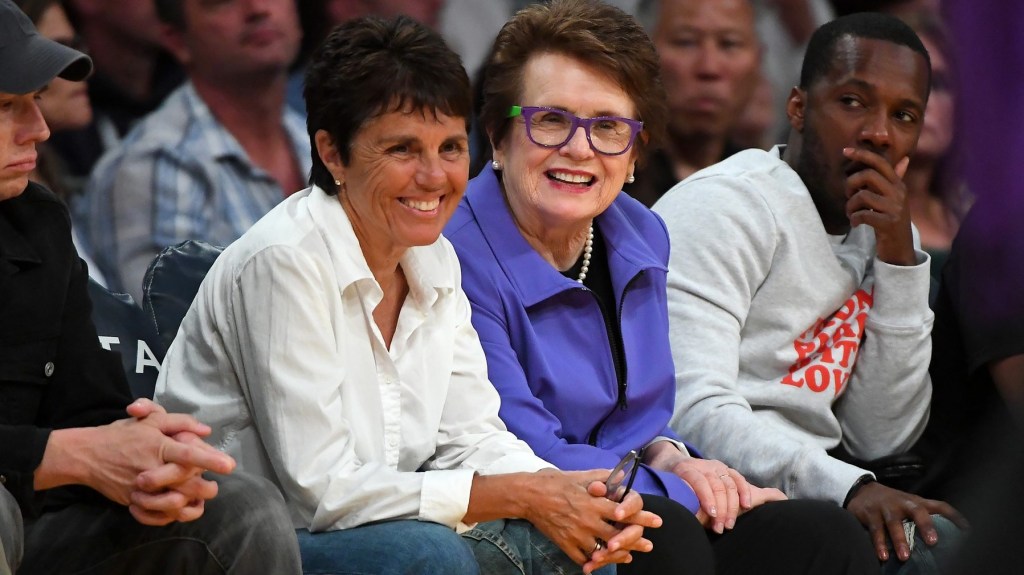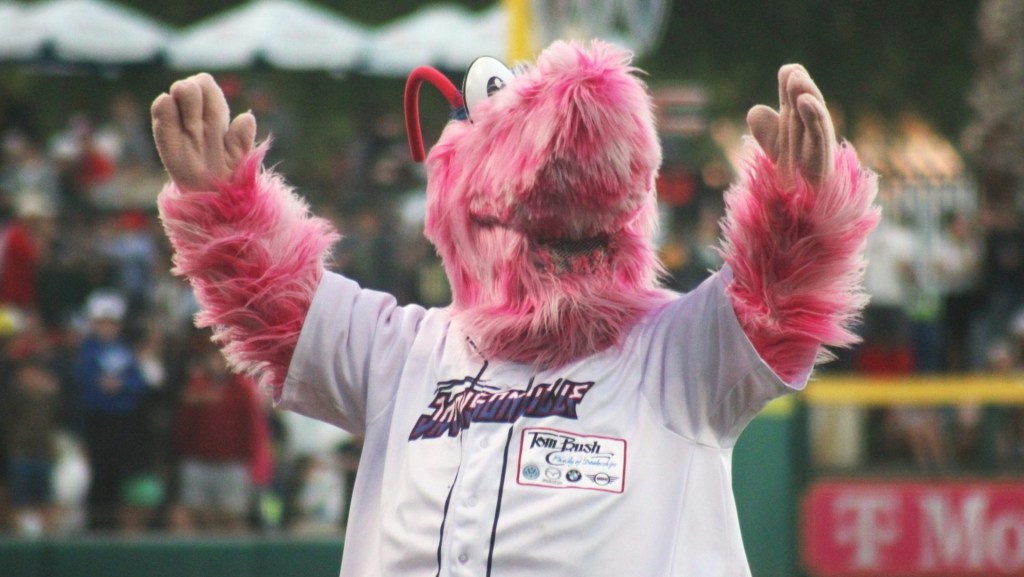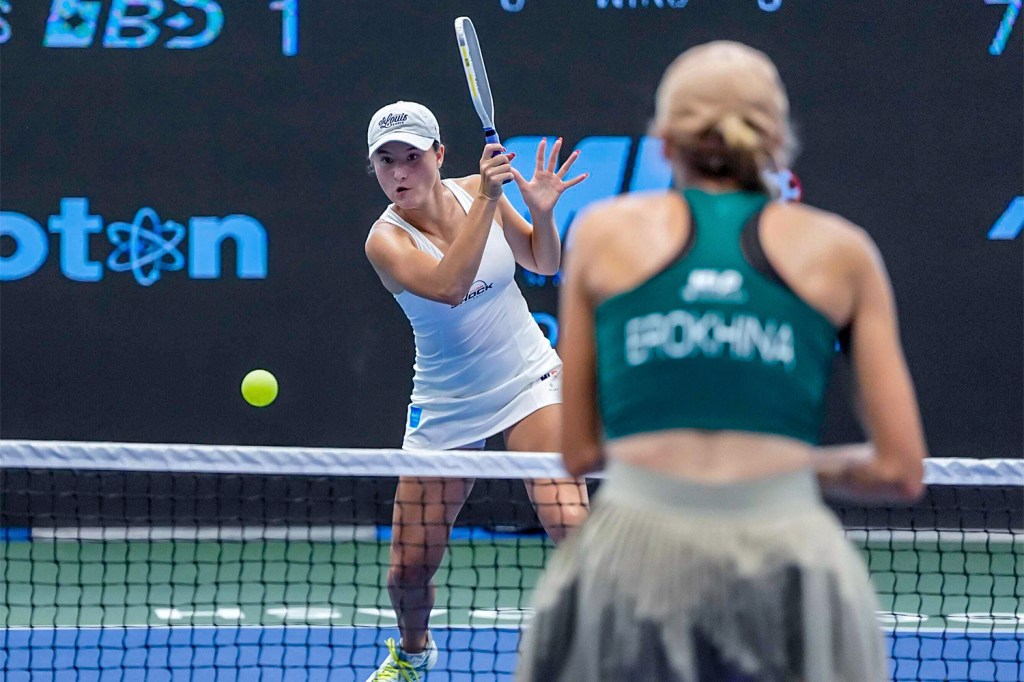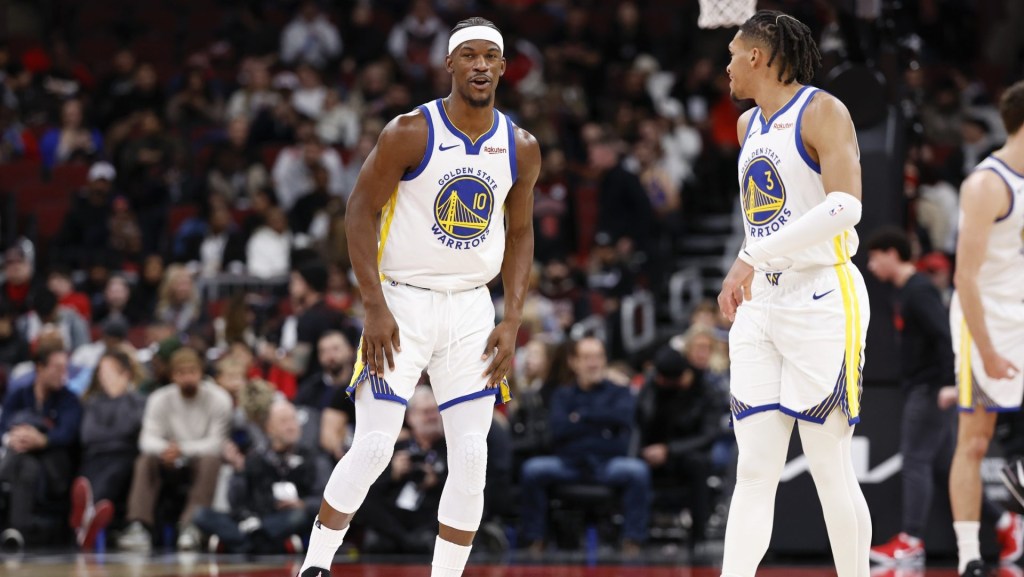Private equity’s reputation for ruthless job cuts and barbaric takeovers isn’t unmerited—but as PE enters the NFL, the future may not be the inevitable one you expect.
An August meeting granted PE firms the ability to invest in the league, but the NFL’s new ownership rules are much different than in other U.S. pro leagues, including the NBA and MLB. In many cases, stakes up to 30% are up for grabs; in European soccer, PE firms can hold majority positions. Experts in the space tell Front Office Sports that the NFL is primed to avoid the pitfalls—and bloodbaths—associated with PE.
“It’s not like you’re dealing with private equity of old—these buyout shops that hold and try to really turn around assets and load them up with debt,” says Mike Rueda, the head of U.S. sports and entertainment at London-headquartered international law firm Withers.
That’s largely due to the guardrails the league set up: No more than 10% ownership, no voting control, and a minimum hold period of six years. In other words, it has created a passive asset that firms must hold for more than a half-decade at least.
Team owners fast-tracked the approval of the NFL’s new PE policy just before Labor Day, and the expectation has been that one, if not multiple, deals will be completed before the end of the calendar year. With franchise values soaring—Forbes and CNBC report the average NFL team is worth between $5.7 billion and $6.49 billion—clubs can get quick cash infusions of hundreds of millions of dollars.
Heading into Week 2, the league is still waiting for the first franchise to sell a minority ownership stake to one of the four newly approved private equity groups. For PE firms, this is all relatively new ground.
“It’s a different kind of investment thesis entirely,” says Eric Geffner, a partner at the Chicago-based multinational firm Sidley, who has advised dozens of professional sports clients, including Arctos Partners, one of the preapproved firms that can immediately invest in NFL franchises.
“They’re not looking at it the same way as they look at other investments,” Geffner says of the firms. “I don’t think that they necessarily are looking at those hold periods as ‘we will sell when that period is up.’”
That potentially long-term strategy may be because while most industry stakeholders agree the value of NFL franchises will continue to go up, the speed at which they grow isn’t exactly lightning fast, at least by PE standards.
For example, if a firm doubled its investment in an NFL franchise in that required six-year hold period, it wouldn’t call for unprecedented celebration. “That’s not great for private equity,” says Dan Malone, who chairs the private equity group at law firm Haynes Boone. “Private equity firms have much higher returns as a result of their investment thesis.”
That has Malone looking broader. “What’s the gist here? Maybe it’s more ownership,” he says. “Maybe 10% turns into 25%. Maybe 25% turns into 51%. Maybe it turns into 49%. … That’s certainly a logical path forward.”
Regardless, Malone predicts the NFL’s initial dive into PE will come with due diligence. “I would be very surprised, during phase one, if there are any negatives,” he says. “Because if this is not going to work, and we don’t get to phase two and beyond, they’ll be dead in the water before this initiative even starts.”
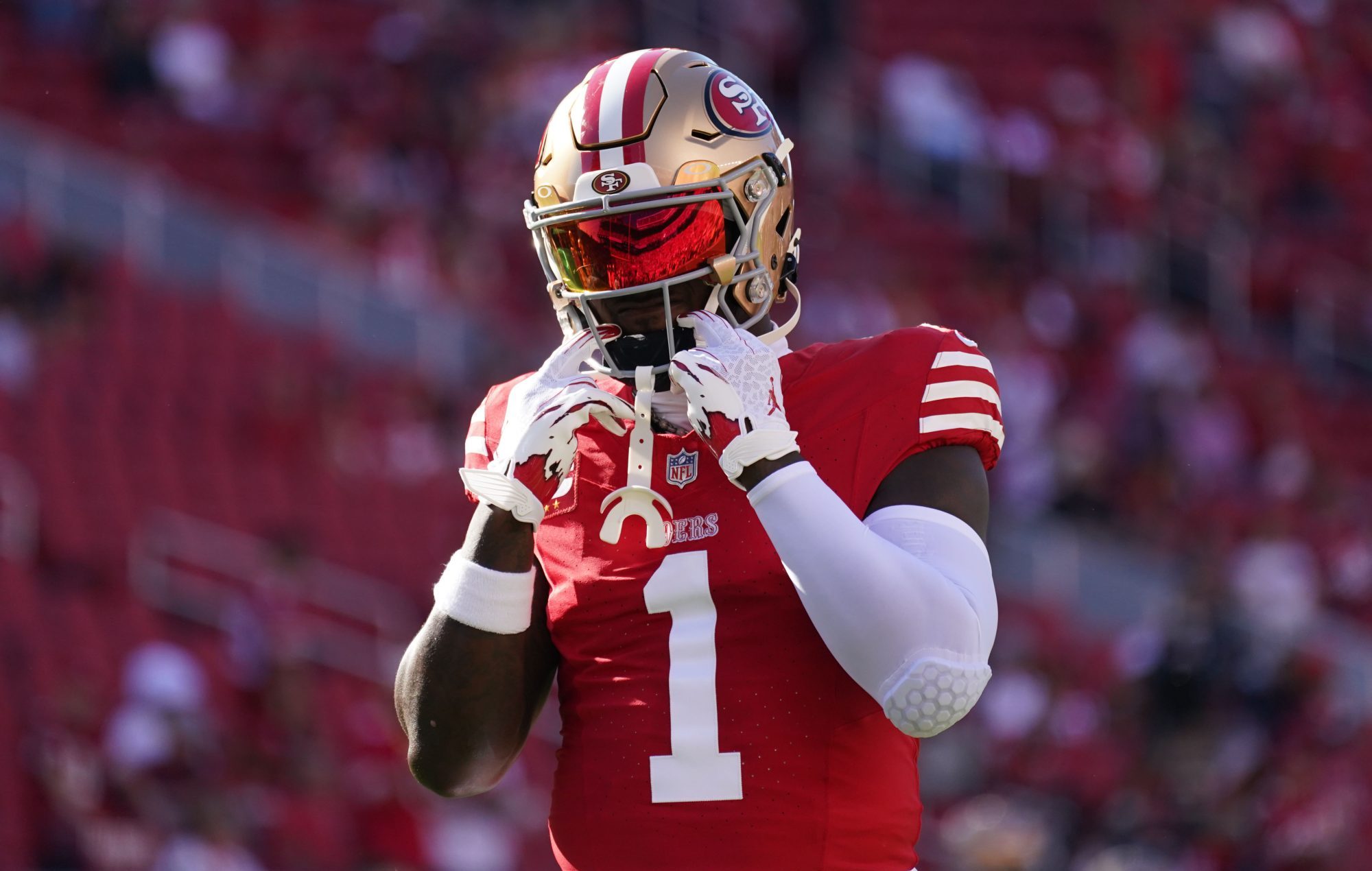






![[Subscription Customers Only] Jun 15, 2025; Seattle, Washington, USA; Botafogo owner John Textor inside the stadium before the match during a group stage match of the 2025 FIFA Club World Cup at Lumen Field.](https://frontofficesports.com/wp-content/uploads/2026/02/USATSI_26465842_168416386_lowres-scaled.jpg?quality=100&w=1024)
![[Subscription Customers Only] Jul 13, 2025; East Rutherford, New Jersey, USA; Chelsea FC midfielder Cole Palmer (10) celebrates winning the final of the 2025 FIFA Club World Cup at MetLife Stadium](https://frontofficesports.com/wp-content/uploads/2026/02/USATSI_26636703-scaled-e1770932227605.jpg?quality=100&w=1024)

